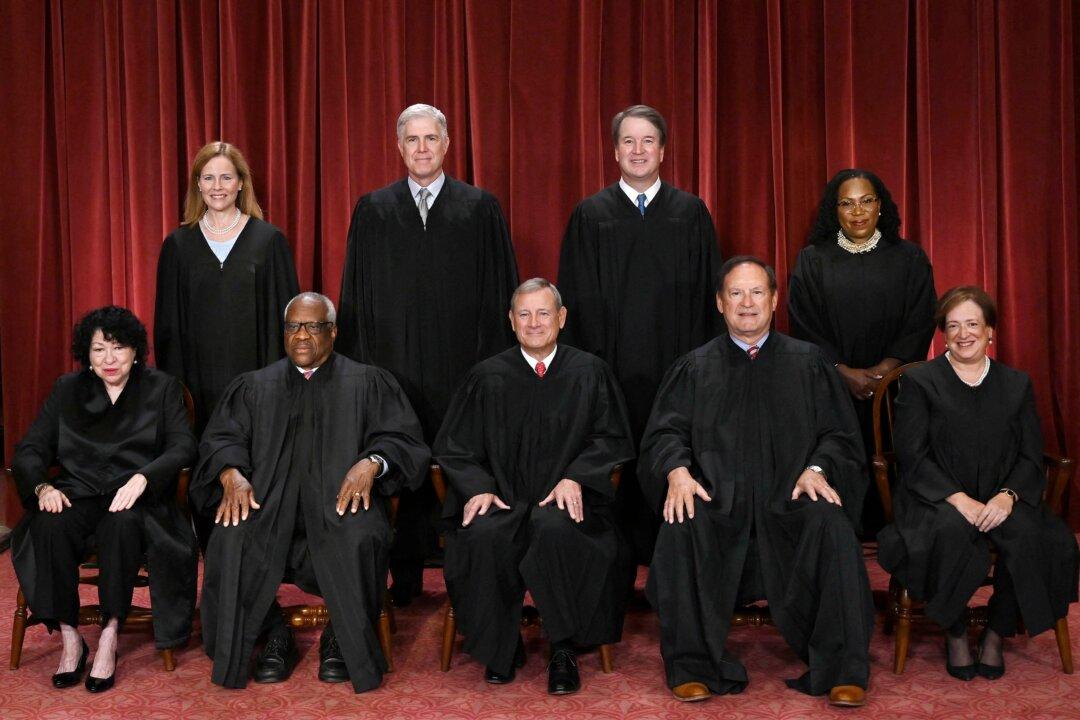The U.S. Supreme Court ruled in a 5–4 decision that divided the court’s conservatives that a death row inmate in Arizona is entitled to contest his sentence in federal court after a state court’s procedural rule prevented him from doing so.
Appeals from prisoners under a death sentence rarely succeed at the high court but in this case, the conservatives Chief Justice John Roberts and Justice Brett Kavanaugh sided with the court’s three liberals in Cruz v. Arizona, court file 21-846, which was handed down on Feb. 22.





